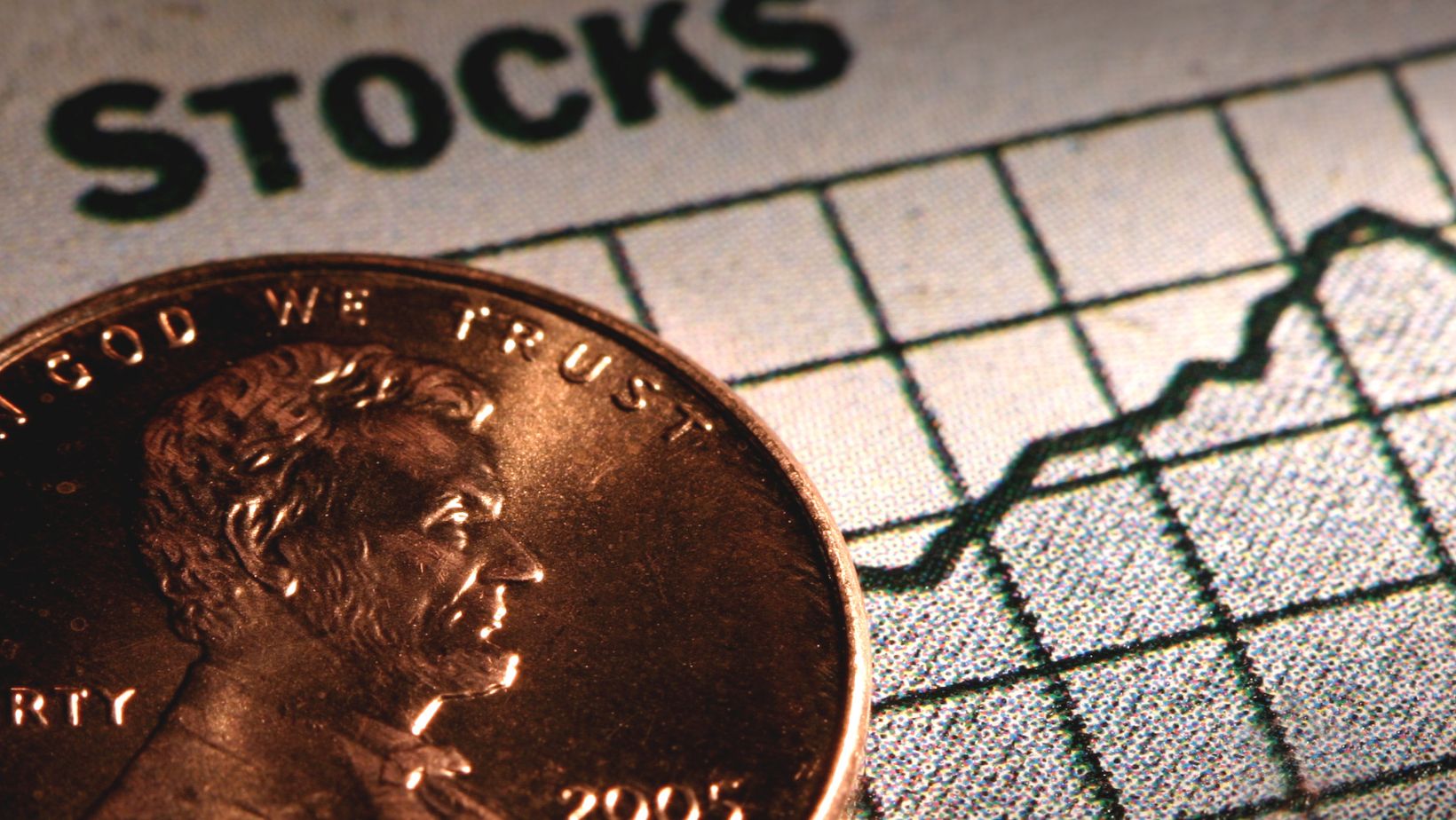With how commonly you hear people talk about investing in stocks on TV and in films, one might assume that everyone understands the stock market and how it works. However, though everyone might know that you can make money from the stock market, you need to know what you are doing. Beginners do not understand how the stock market works and why prices fluctuate. Below, we will explore what every beginner should know before you begin to invest in the stock market.
Create a Goal
Before you start investing in the stock markets, have a goal, as it will guide your investment decisions and keep you focused. Your investment strategy usually depends on your goals, whether short-term, like saving for a vacation, or long-term goals, like funding your child’s education.
Understand Risk Tolerance
Determining your risk tolerance is the basis of stock investment. It can help you ensure that the stock market uncertainties do not affect your comfort level. Do you prefer higher risks for potentially greater returns, or do you accept stability when earning less? Additionally, assess your finances such as your emergency funds, savings, and other investments, as they serve as a financial cushion to help you take on more risk.
Brace for Downturns
One of the biggest problems for many investors is the ability to stomach a loss of investments. The stock market fluctuates. There will be occasional losses, so you must be able to handle these losses, or you may panic and buy high and sell low.
Even index funds fluctuate, so you cannot remove risk regardless of your hard work. When starting any investment, you must know that there is a possibility of losing money, especially as stocks do not have principal guarantees. Though the concept of market volatility might be hard for new investors to understand, reading up or learning about it can help you gain knowledge of how it works.
Have a Diversified Portfolio.
In investing, it is crucial to have a diversified portfolio as it can help you reduce the risks of a particular stock affecting your portfolio. For individual stocks, you need to go all in on a single basket. It’s best to create a wide portfolio by considering other investments, such as mutual funds or ETFs.
While this might not be as exciting as you expect, it is an excellent way to begin investing in stocks. This way, you do not get to think that you are so smart to pick the stocks that will go up and will not go down, and you also know when to get in and out of a stock. Additionally, diversification doesn’t just mean investing in different stocks. It means spreading your investment across various industries since the stocks in similar sectors might move in an identical direction for similar reasons.
Consider a Long-term Investment.
One of the best ways to grow long-term wealth is via stock market investments. On average, the stock market returns about 10% per year, but remember that there will be ups and downs, and individual stocks usually vary by their returns. As a long-term investor, it’s the long-term average you aim for. So, one of the best things you can do is to not look at your stocks after you invest.
Create an Account
After figuring out your goals, risks, and how active you intend to be, it is time to create an account for use. Every account type has its benefits, drawbacks, and features. Additionally, your chosen account can affect your investment options, overall strategy, and tax situation.

Compare brokers to know the best investment account, and explore platforms like Hiive broker for private stock opportunities.
Endnote
Even if you don’t know much at the beginning, there are several ways you can begin investing. You can consider doing it yourself or having an expert guide you. You can trade actively, invest in stocks, invest passively, or invest in stock funds. Irrespective of your choice, choose an investment style that works for you and begin building your wealth.



























